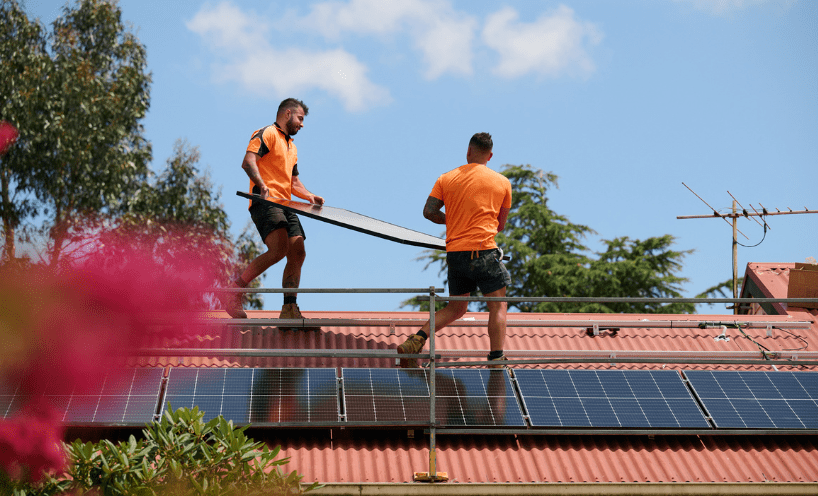- Date:
- 1 July 2024

Minister’s Foreword
Continuously improving safety and quality standards, ensuring products and systems are fit-for-purpose and future-ready, and protecting retailers, installers and customers in the Solar Homes Program.
Section 1: Overview
This section explains the purpose of the Notice to Market, highlights new requirements and recommendations this edition, and provides an overview of Solar Victoria’s incentives.
Section 2: Definitions
This section explains some of the words frequently used within the Notice to Market.
Section 3: Requirements for all solar PV rebates
This section lists requirements that retailers and installers, systems and products must satisfy across all solar PV rebate streams. It also includes recommendations.
Section 4: Requirements for solar battery loans
This section lists requirements that retailers and installers, systems and products must satisfy under the solar battery loan incentive. It also includes recommendations.
Section 5: Requirements for hot water rebates
This section lists requirements that retailers and installers, systems and products must satisfy under the hot water rebate. It also includes recommendations.
Updated

